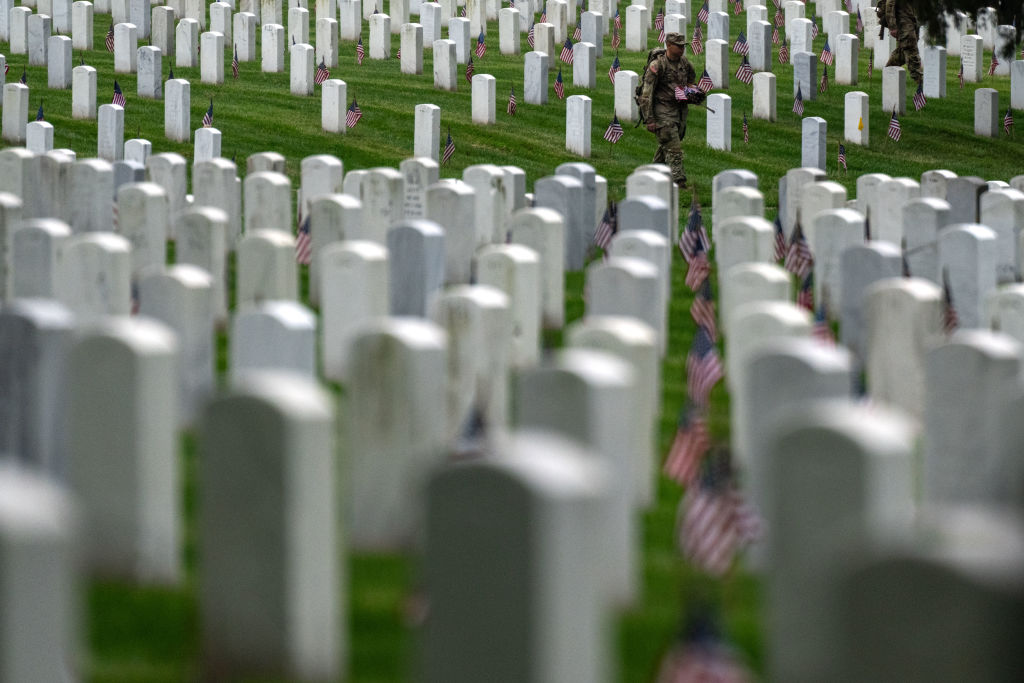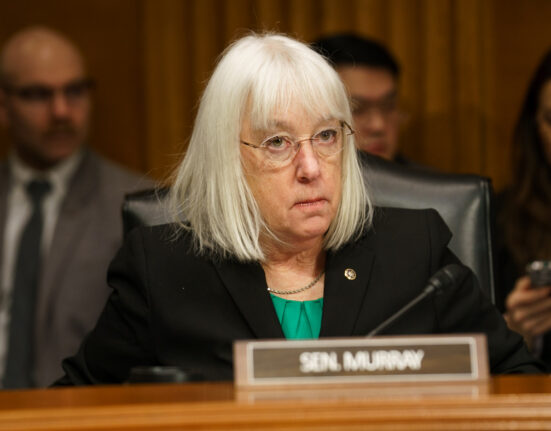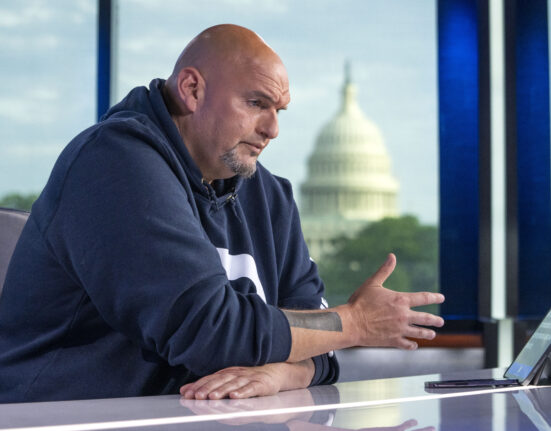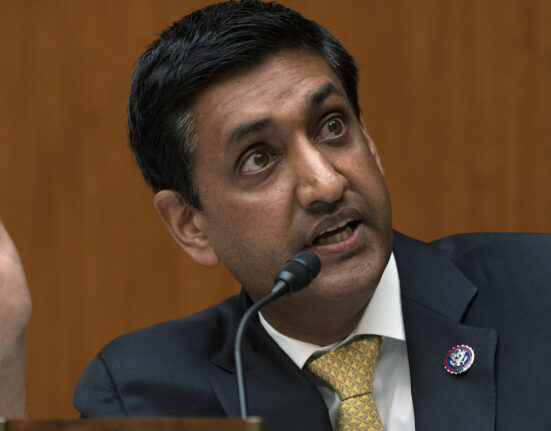“You may not be interested in war, but war is interested in you.”
This aphorism warns of war’s tendency to consume even those who most staunchly wish to avoid it. Once a wave of destructive force is unleashed on the world, even the most ardent isolationist or pacifist will be swept up in its torrent.
For over 80 years, under the leadership and engagement of America and its allies, the world has remained in a state of relative peace compared to the cataclysms of two world wars in which tens of millions died. The reason is that average Americans from the early 20th Century learned what happens when an isolationist America rejects global leadership and fails to deter its adversaries.
After World War II, many Americans supported an international system that would prevent another large-scale conflict by establishing deterrence alongside our allies. They did so because they discovered that the pre-war world, devoid of American leadership, was one in which tyrants tear at the fabric of peace until they rip it asunder.
In short, the members of the Greatest Generation learned that though they were not interested in war, war was interested in them. Peace indeed had to be preceded by strength — American strength.
I am descended from two families who proudly answered the call when it came, and learned the hard way about failed deterrence.
When Pearl Harbor was attacked in 1941, no one in my family was in the military. They were average, blue-collar Americans working to make a living after the Great Depression in Virginia and Oklahoma. They filled jobs like cook, welder, railroad brakeman, and nurse. Like other Americans, they did not know that events on the other side of the world would soon consume them. But consume them they did.
One side of the family saw three siblings endure combat overseas. The first, the youngest son, was killed by artillery fire on the frontline in Germany, his memory forever haunting his siblings. A second brother was severely wounded in the Battle of the Bulge, suffering bullet wounds and frostbite injuries he lived with for decades. The third, a Navy nurse, triaged the wounded near the frontlines, holding the hands of dying young Americans as they slipped away.
The other side of the family fared little better. There, two brothers and a cousin went to war. One brother was killed in his tank after fighting with General Patton’s army, leaving behind a wife and two children. The other flew dozens of combat missions as an aerial gunner over Europe before he broke his back in a crash landing. The cousin was severely wounded in Belgium from small arms fire.
Families across America have similar stories of those who served and sacrificed in World War II. Though many survivors of that conflict were reluctant to talk about the war, those experiences would shape their worldview for years to come. For my family members, the lesson about deterring war was clear: the best way to prevent World War III was to support a world rebuilt with American leadership at the center and backed by American strength.
My elders strongly supported the U.S. engagement and resolve that secured peace in the post-war world — not a return to isolationism and dithering which they felt would result in another catastrophe. Eventually, that strategy of peace through strength won the Cold War, and as President Reagan said, “our honored dead who gave their lives to stop the advance of the Nazis didn’t die in vain.”
Today, however, there are those on the Left and Right who have found a common cause in ignoring the painful lessons families like mine learned in the 1940s. They sound little different from their blinkered predecessors before World War II who proclaimed, “Let Europeans fight their own battles, they mean nothing to us,” not realizing that their views played right into our enemies’ hands.
Whether it’s withholding weapons from our ally Israel, blocking aid to Ukrainians in the fight of their lives, abandoning our Afghan partners who served alongside us, or supporting NATO withdrawal, too many Americans are signaling to our enemies that we are no longer willing to live up to our commitments. Each red line we allow our enemies to cross undeterred threatens the peace our ancestors secured with their lives.
Americans advocating for isolationism and withdrawal today are making a mistake — and making war more likely. The strength and leadership of America and its allies have been the glue holding the world together for decades, and that world was created through the wisdom of our forefathers who paid a steep price for it. On this Memorial Day, as we consider our future role in world affairs, we should remember this: We may not be interested in war, but war is interested in us.
Jimmy Byrn, a descendant of U.S. military veterans going back to the Revolutionary War, is a former U.S. Army captain, graduate of West Point, and board member of Veterans On Duty, a national security nonprofit.







